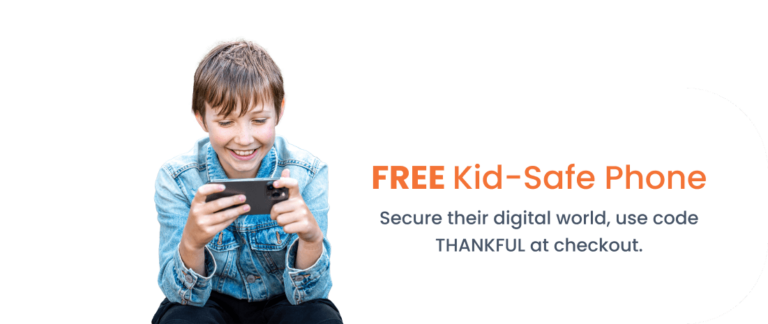There are some people who know the gist of COPPA, but for many of us, there are still a lot of questions left unanswered: What is COPPA? Is COPPA still a law? What is the COPPA rule? What is a COPPA violation? Here are a few of the answers:
Is COPPA still a law?
It seems like we haven’t heard much about COPPA for a while, so you might be wondering, “Is COPPA still a law?” The answer is yes. COPPA was passed in 1998, and updates are made frequently, with a new update being proposed as recently as May 2021. The proposal started in 2019, but stalled due to world events in 2020, and is now moving forward again. While these changes are enough for Senator Edward J. Markey (original author of COPPA) to call it COPPA 2.0, the Bill hasn’t passed yet. Let’s take a look at what COPPA covers in its current iteration.
What is the COPPA rule?
Children’s Online Privacy Protection Act of 1998 (COPPA) prohibits unfair or deceptive acts or practices in connection with the collection, use, and/or disclosure of personal information from and about children on the Internet.
But what does that mean for our kids? And does COPPA apply to 13 year olds?
According to the current rendition of the Act, individuals younger than 13 are considered children and fall under the protection of the COPPA act, so once they turn 13, the law no longer applies to them. The act is designed to protect kids younger than 13 from having their information collected and then abused online. What does that actually look like?
For bad actors, such as hackers, predators, or someone looking to commit identity theft, COPPA is designed to protect children’s information from being available on platforms to find or steal. It is a large part of why there are set ages when you’re able to sign up for a social media account like on Facebook or Youtube. While children under the age of 13 can sign up for certain accounts, those sites have to get verifiable consent from those children’s guardians BEFORE any collection of personal information. They also can’t store your child’s information for longer than necessary. These sites are also responsible to keep that information confidential and secure against unauthorized use.
What is a COPPA Violation?
COPPA violations occur when a company fails to comply with all the facets of the law. For instance, Google was fined 170 million dollars for violating COPPA by collecting children’s information without parent consent for targeted ads on Youtube. Without your consent, Google can’t collect your children’s information and then target ads specifically based on their interests or gathered data. Google is also required, through COPPA, to inform you of the kinds of information collected and to consent before that information is gathered.
Here is what information COPPA considers personal information:
- First and last name
- Home or physical address, including street name, name of a city, or town
- Online contact information (email, instant messaging, or video chat identifier)
- Screen or username
- Telephone number
- Social security number
- Photo, video, or audio file of child’s voice or image
- Geolocation information (coordinates) enough to identify a street name, city, or town
- A persistent identifier used to recognize a user over a time and across multiple sites, such as a customer ID number, IP address, or serial number
COPPA protects your children’s privacy online and by being aware of it, we as parents can make informed decisions about what private information we agree to share that belongs to our children. Under the FTC’s ruling, sites must have a privacy policy including what type of information, how that information is collected, and how that information is used. They are also required to inform you if they disclose information to third parties and allow you to consent to their site but not to third party information collection. You have rights as a parent, even when agreeing to allow your child to use a website. For more information, the FTC has created a guide to help both parents and businesses.
How to Protect Your Children When COPPA Can’t
There are some who say that COPPA doesn’t cover enough or evolve to keep up with the changes in technology. While there are potential improvements to be made to the Act, it’s what is currently in place to keep our children and their information safe online. What can you do as a parent? Monitor what your children do online and check out these tips to teach your kids to be safe.
We can always do more to keep our children safe and Troomi wants to help. Their childsafe apps are compliant with COPPA and their military grade encryption keeps their information secure. Check out Troomi for a smartphone specifically designed for kids.


